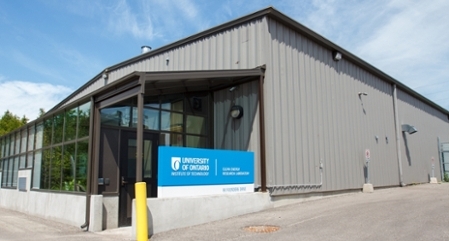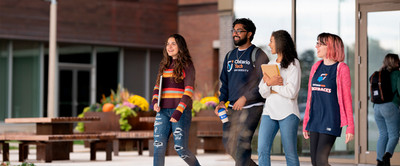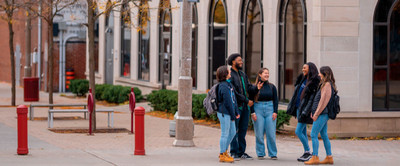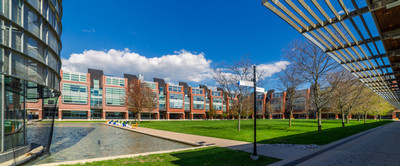Personal safety
Be safe tips
Your safety and security on campus is our priority. We have implemented numerous programs and strategies to create a safe environment. At the same time there are many things you can do to help ensure your personal safety. Be aware, use common sense and follow these tips to stay safe on campus:
- Domestic violence;
- Facebook smarts;
- Fire alarms;
- Indoor safety;
- Preventing assault;
- Safety in public places;
- Sexual Violence;
- Traffic safety;
- Walking or running safety; and
- What to do if you are being followed.
Personal safety tips for these specific safety situations was published with support from a Ministry of Education and Training campus safety grant.







